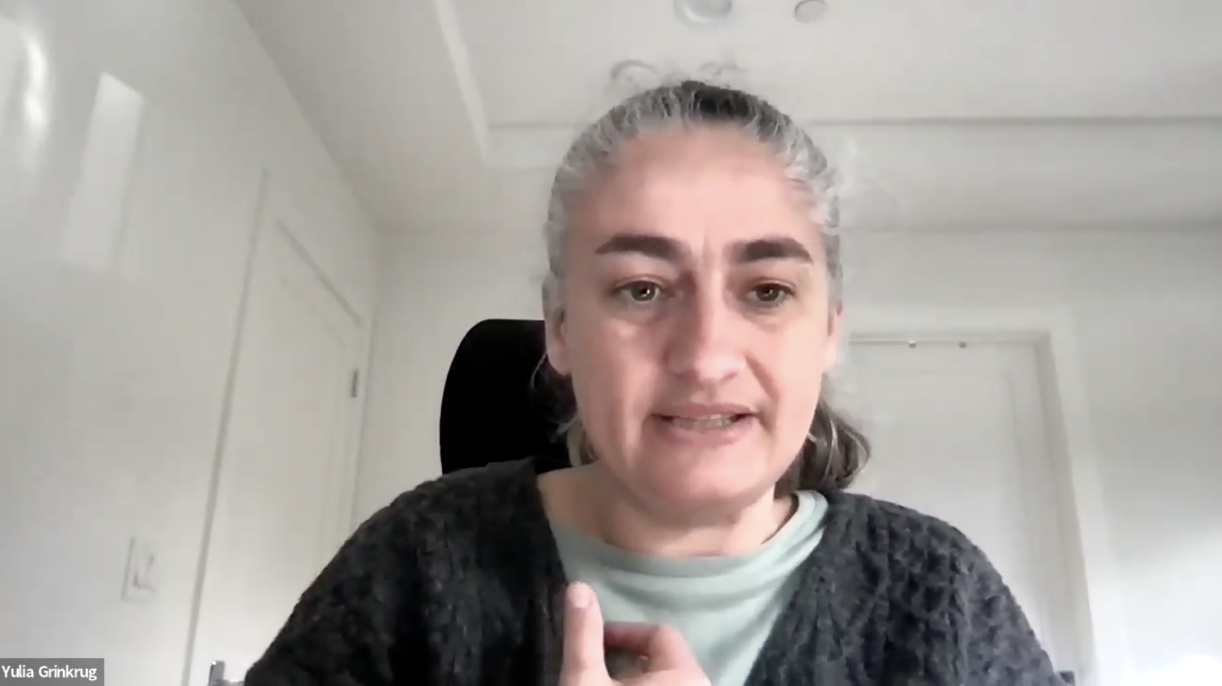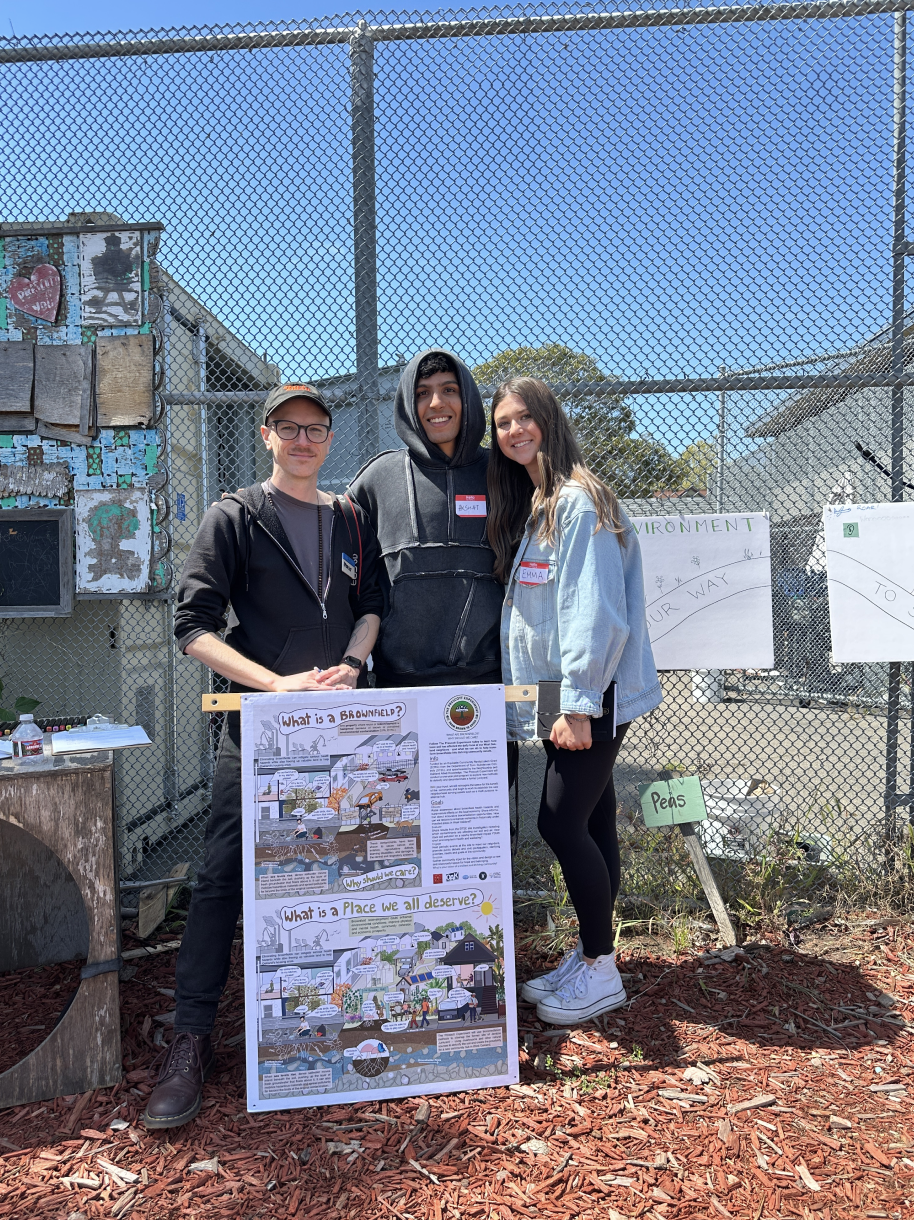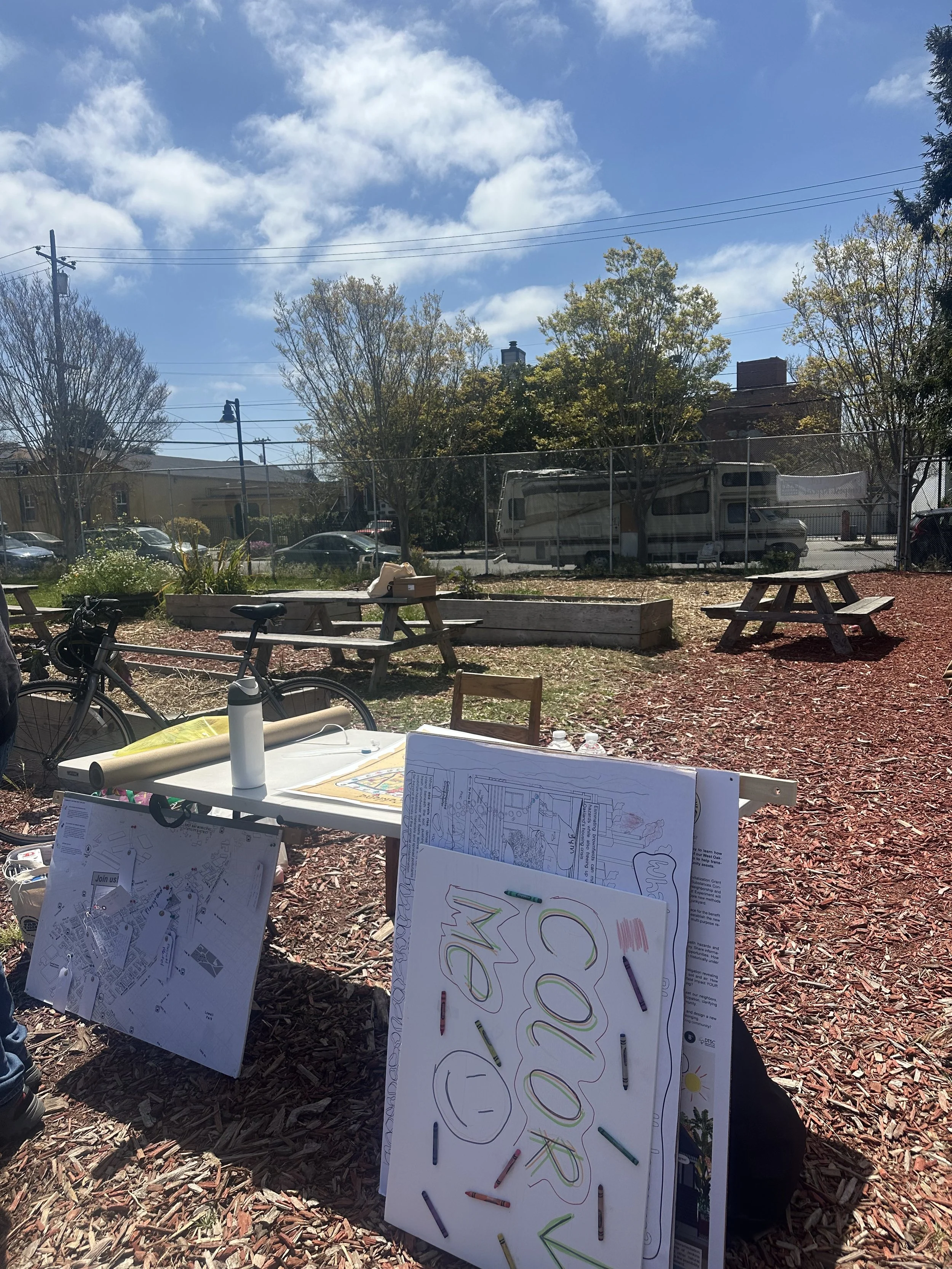Rooted in Community.
The Prescott Experiment.
What is it?
Social Lab is the section of my program at CCA where we approach social systems at a global and local scale. We also learn to evaluate the impact of design decisions when applied to problems like these.
For my project, my group is tasked with helping an initiative in West Oakland called The Prescott Experiment. The focus of this project is the Site Investigation and Bioremediation Pilot experiment of a known brownfield in West Oakland.
What are we doing?
A brief timeline for the project.
Julia Grunkrug
The Research
This project is taking place over the course of 2 semesters. The first semester is for research and understanding (this is where I’m at now), and the second semester is about action.
This was our kickoff meeting with the existing team members for the Prescott Experiment. Here we learned more about the initiative and where we might fit into the team.
Our feelings following the kick off meeting.
2 main goals.
Education & Engagement
We quickly learned that the main goals for this group were getting the community both educated on the experiment as well as get them more engaged.
Now that we know the main goals for the project, we begin the research phase.
Organizing our stakeholders.
We started with stakeholder interviews to ground our research in real voices and local expertise. These conversations helped us understand the team’s priorities, uncover unseen challenges, and build trust early in the process.
We met with 3 stakeholders so far from the team, to listen, ask questions, and better understand the realities of working in The Prescott Experiment. These conversations were open, honest, and very conversational.
Workshop
1st Attempt
The stakeholders.
Anjana Shekhar
We planned on creating a co-created workshop to gather even more insights about this project and what we want to eventually create for this team that would help them best and achieve their goals, education and engagement.
Alex Espinoza
After conducting our 3 interviews, we analyzed responses to find patterns and recurring ideas. We looked for shared concerns, hopes, and pain points across different perspectives. This helped us identify key themes.
As a CCA team, we had an initial impression that we would be able to mold the workshop and lead.
But we learned another group of students at UC Berkeley were going to take charge, shifting our role to mostly being observational researchers and interviewers, as well as helpers for the day.
We started the day doing a beach clean up in Oakland for Earth Day, and set up a table there hoping to get the community’s input.
We then moved over to a local Elementary school to do some activities that the Berkeley students created, in order to understand how kids might view our project.
Unfortunately, that day didn’t go as planned for us though. Not many people came to either booth, so there was a lot of sitting and waiting. Additionally, there was a miscommunication somewhere, and essentially no kids showed up. Meaning we got no participation.
*I will continue adding to this page as the project continues.














